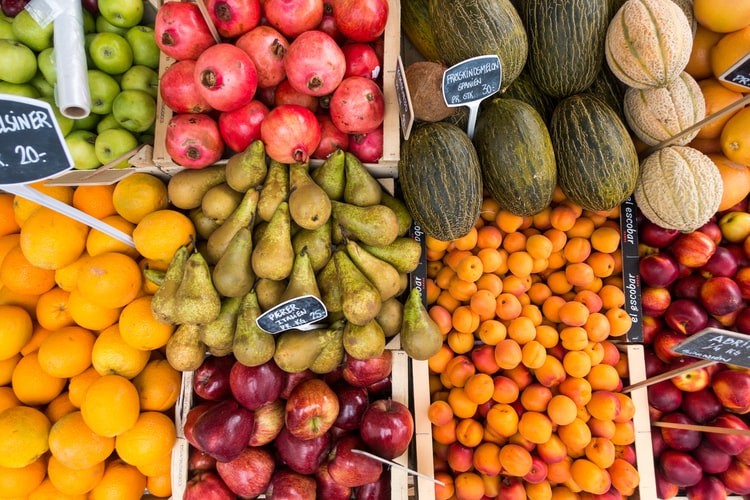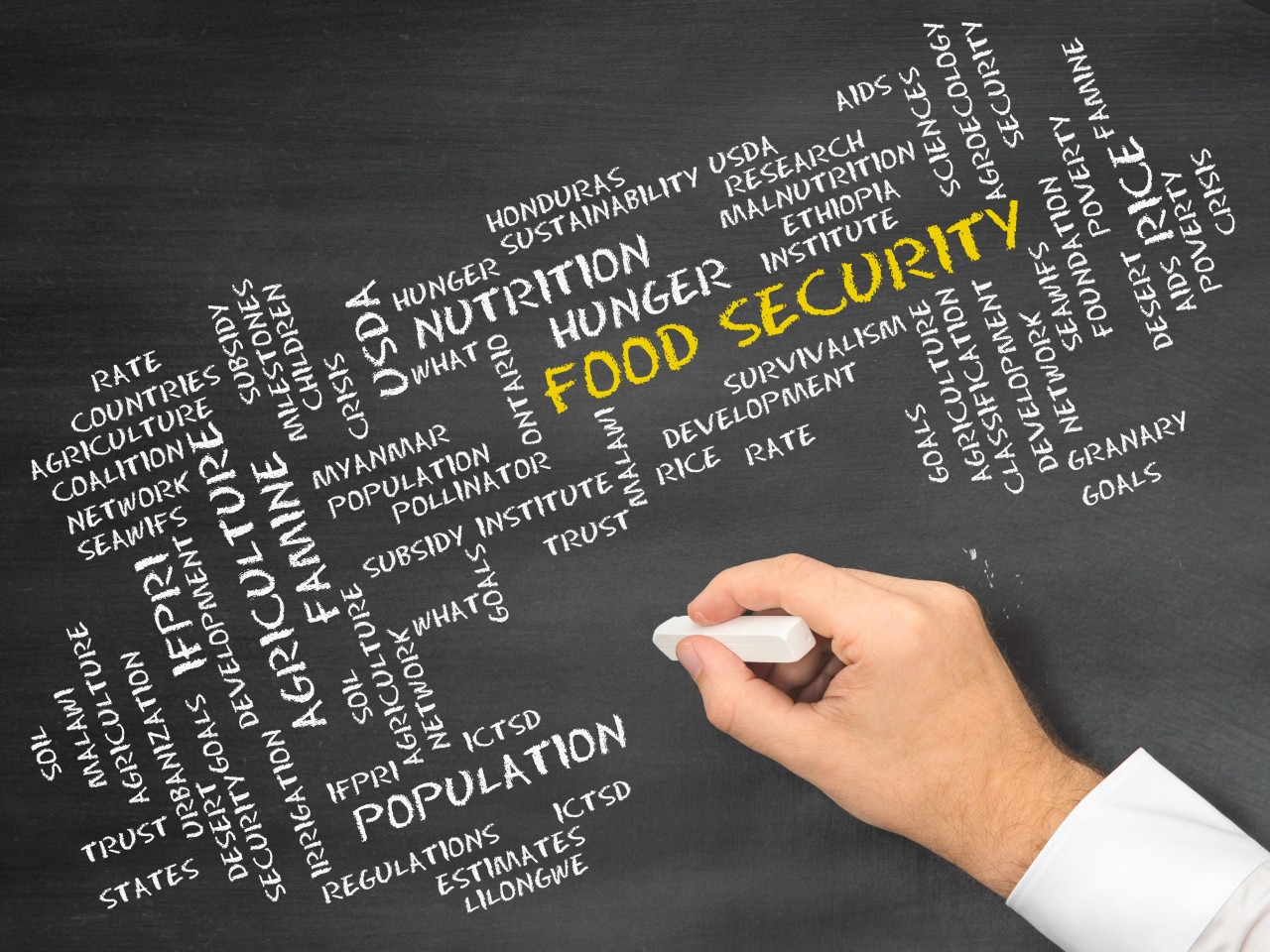World Milk Day 2024 Report – Celebrating Dairy’s Vital Role in Nutrition and Sustainability
This year, on June 1, we celebrated the vital role that dairy plays in delivering…
The daily updates on the health crisis unfolding across continents, countries, cities, homes and families are also increasingly embracing our food supply and diet and we’ve also experienced the queues and concerns over food availability. But this also reflects the broader food system and it’s carefully integrated and managed processes and activities which is being increasingly picked up in reports, articles and blogs. As well, farmers have begun to provide perspectives from around the world, for example, in Italy “it is the sowing season of spring crops, such as corn and sunflower, also important for summer fruit,” said the Italian agricultural association Confagricoltura.”There are many jobs in the fields and the restrictions on movement limit the actions of farm workers” which poses problems for processing and early harvests of fruits and vegetables. Social distancing measures, including the closure of universities, schools, restaurants and farm stands, is already causing significant shifts in where food is sold. This has also been the case in the UK, where there’s been additional strain as food sales in bars and restaurants has completely dropped off, meaning more people are shopping for their food directly. Consequently, many of the processing/packing lines cannot cope with retail only demand and the smaller packs.
 The total economic cost of the coronavirus outbreak on local and regional food systems, such as farmers markets, farm-to-school programs, restaurants and food hubs, could total $1.3 billion between March and May of this year, according to a new analysis by researchers at Colorado State University, the University of Missouri, and a former official within USDA’s Local Food Research and Development Division.
The total economic cost of the coronavirus outbreak on local and regional food systems, such as farmers markets, farm-to-school programs, restaurants and food hubs, could total $1.3 billion between March and May of this year, according to a new analysis by researchers at Colorado State University, the University of Missouri, and a former official within USDA’s Local Food Research and Development Division.
Other analysis has zeroed in on the production and supply issues, as the FAO (Maximo Torero, chief economist) has reported today, noting that harvests have been good and the outlook for staple crops is promising, but a shortage of field workers brought on by the virus crisis and a move towards protectionism – tariffs and export bans – mean problems could quickly appear in the coming weeks. “The worst that can happen is that governments restrict the flow of food,” FAO said. “All measures against free trade will be counterproductive. Now is not the time for restrictions or putting in place trade barriers. Now is the time to protect the flow of food around the world.” If you’ve a moment, Mr Torero’s PowerPoint, and the video describe the impact of COVID-19 on food security and nutrition, identifying policy actions to look at to keep the food supply chain alive.
 The Committee on World Food Security’s High Level Panel of Experts has also prepared an Issue Paper on COVID-19 and its impacts on food security, to provide a brief, preliminary analysis of the likely short, medium, and long-term impacts on our global food system and on food security and nutrition. International Agri-food Network (IAFN), has also posted a position paper on issues in the supply chain.
The Committee on World Food Security’s High Level Panel of Experts has also prepared an Issue Paper on COVID-19 and its impacts on food security, to provide a brief, preliminary analysis of the likely short, medium, and long-term impacts on our global food system and on food security and nutrition. International Agri-food Network (IAFN), has also posted a position paper on issues in the supply chain.
IFPRI is curating a series of analyses from IFPRI researchers and guest contributors on the impacts of the COVID-19 pandemic on national and global food and nutrition security, poverty, and development.
On the research side, the CGIAR system are providing evidence-based advice and recommendations on a number of aspects, including ensuring the smooth flow of trade and making full use of the international market as a vital tool to secure food supply and demand; food prices and strengthening market supervision; wild food market regulations to curb the source of the disease; and much more.